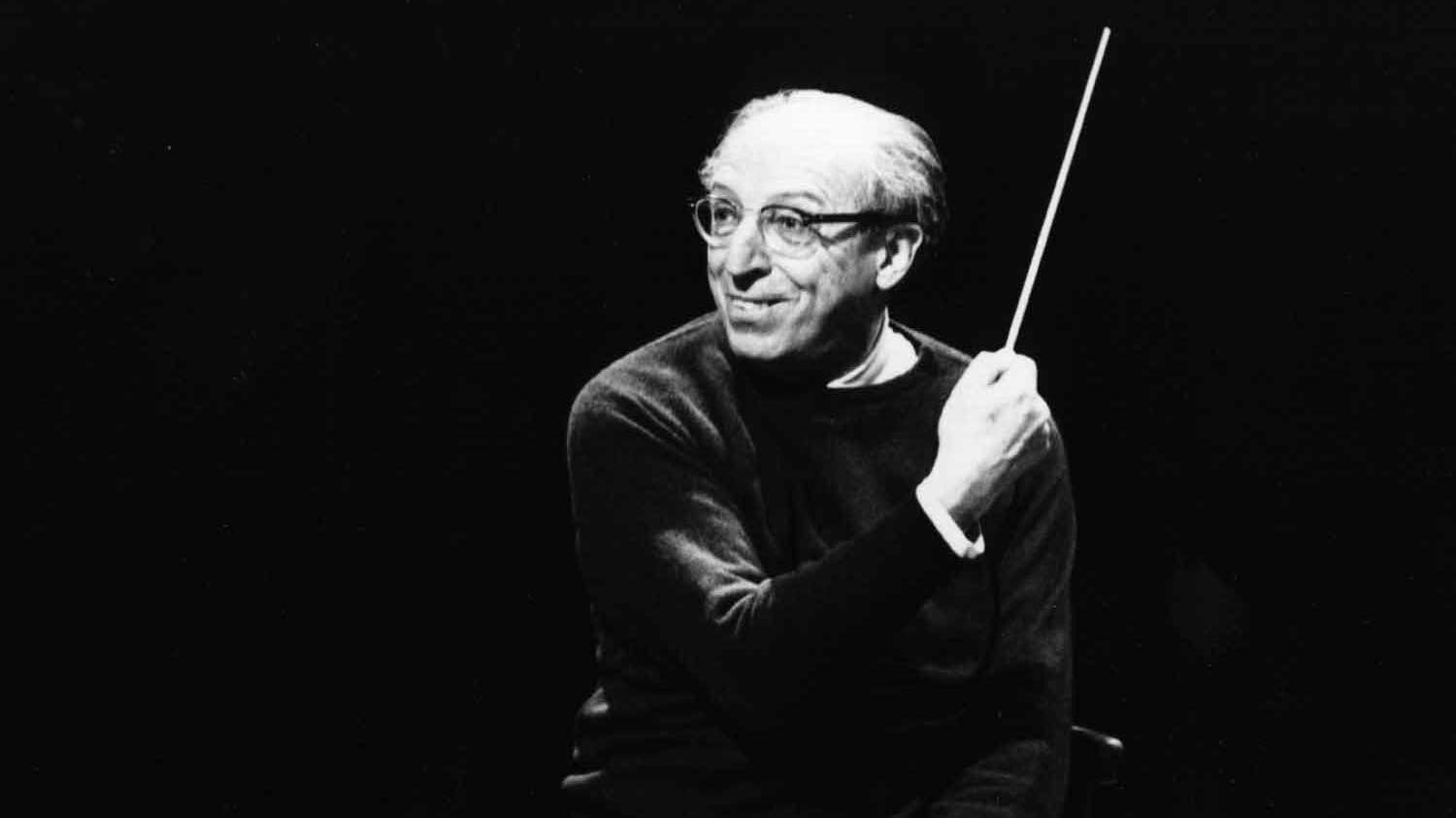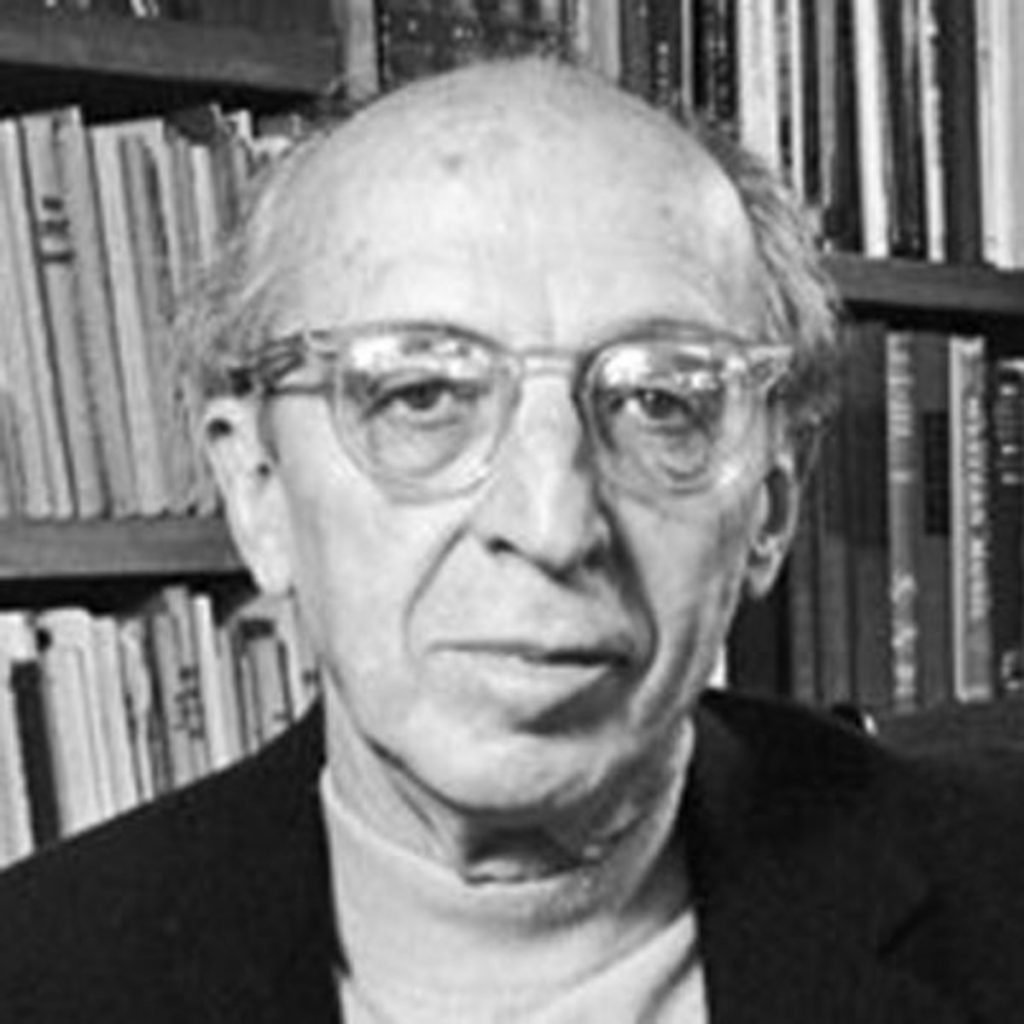Aaron Copland, one of America’s most celebrated composers, left an indelible mark on the world of classical music. Here are 10 fascinating facts about his life and work:
- American Pioneer: Aaron Copland was born on November 14, 1900, in Brooklyn, New York. He was raised in a Lithuanian Jewish family and was the youngest of five children.
- Early Influences: Copland’s musical journey began when he started piano lessons at the age of 11. His early compositions were heavily influenced by the works of European composers such as Debussy and Stravinsky.
- Parisian Sojourn: In the 1920s, Copland traveled to Paris, where he studied composition with the renowned teacher Nadia Boulanger. This experience proved transformative, as it allowed him to immerse himself in the avant-garde musical scene of the time.
- Pioneer of American Sound: Copland played a pivotal role in shaping an American musical identity. He drew inspiration from folk music, jazz, and the vast landscapes of the American West, creating compositions that reflected the spirit of the nation.
- Fanfare for the Common Man: One of Copland’s most famous works is “Fanfare for the Common Man,” composed in 1942 during World War II. This stirring piece, with its bold brass fanfares and majestic themes, was inspired by a speech by Vice President Henry Wallace and became an emblem of American resilience.
- Ballet Master: Copland collaborated with choreographer Martha Graham on several ballets, including “Appalachian Spring” (1944), which won him the Pulitzer Prize for Music in 1945. This ballet captures the essence of rural America and remains one of his most beloved works.
- Film Scores: Copland also made significant contributions to film music. He composed scores for movies such as “Of Mice and Men” (1939) and “The Heiress” (1949), earning Academy Award nominations for both.
- Legacy of Teaching: Alongside his composing career, Copland was a dedicated educator. He taught composition at institutions such as Harvard University and the Berkshire Music Center, mentoring a new generation of American composers.
- Honors and Recognition: Throughout his lifetime, Copland received numerous awards and honors, including the Presidential Medal of Freedom in 1964, the highest civilian honor in the United States. He was also elected to the American Academy of Arts and Letters and the American Academy of Arts and Sciences.
- Enduring Influence: Aaron Copland’s music continues to captivate audiences worldwide with its quintessentially American themes, innovative use of harmony, and emotional depth. His legacy as a composer and cultural icon endures, inspiring generations of musicians and composers to come.


Comments are closed